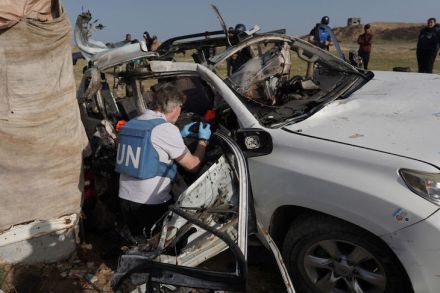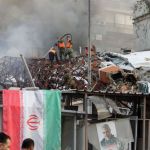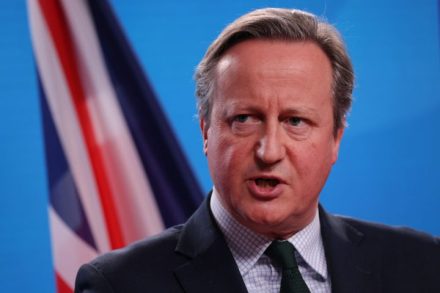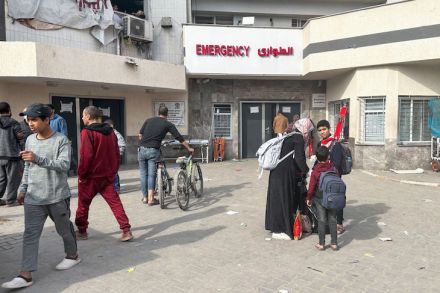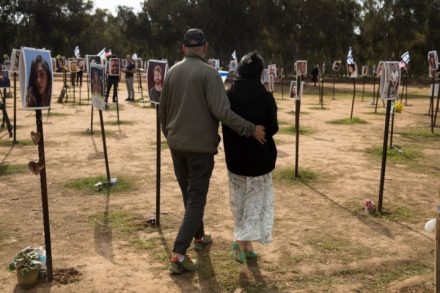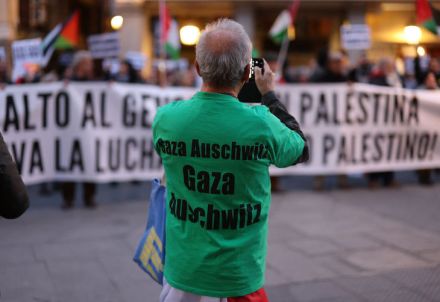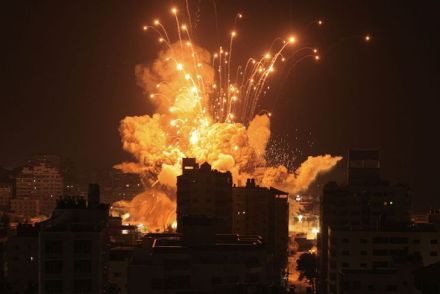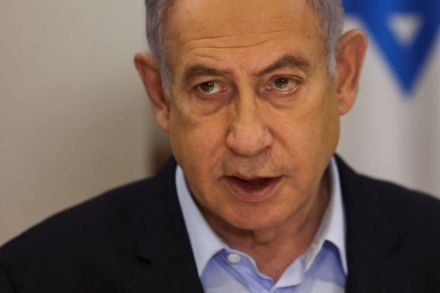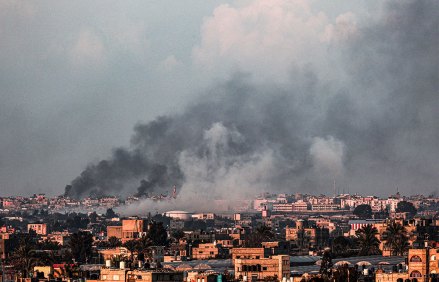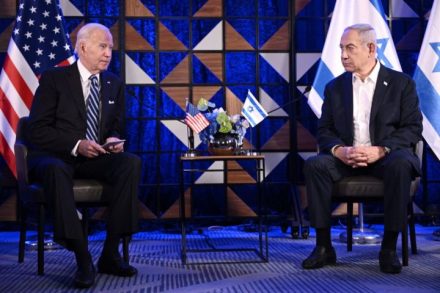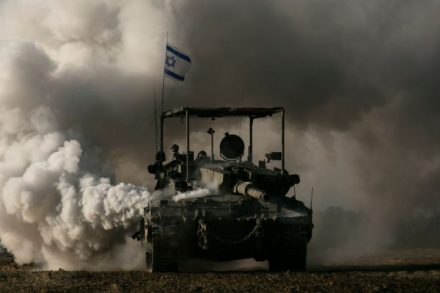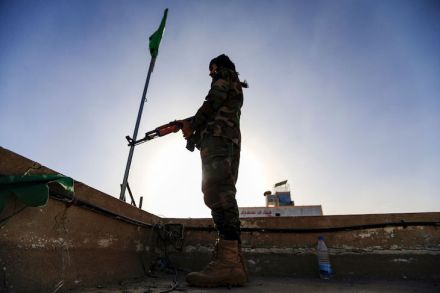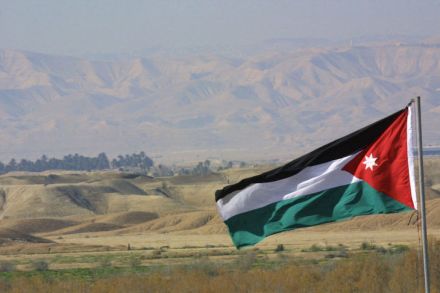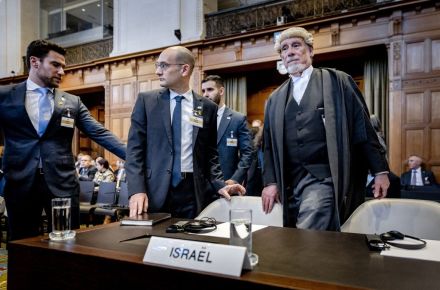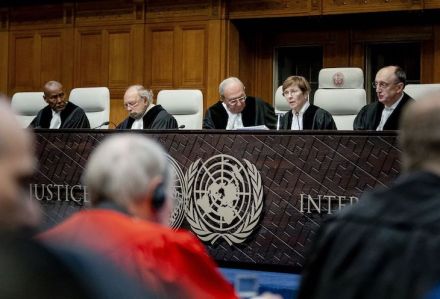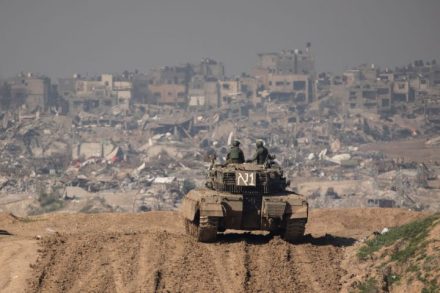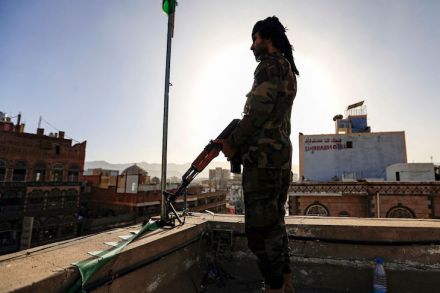The truth about Israel’s ‘friendly fire’
David Cameron has got some front. The Foreign Secretary is haranguing Israel over its tragic unintentional killing of seven aid workers in Gaza, and yet he oversaw a war in which such ‘friendly fire’ horrors were commonplace. In fact, more than seven people were slain in accidental bombings under Cameron’s watch. Terrible accidents happen in war It was the Libya intervention of 2011. In that Nato-led excursion, in which Cameron, then prime minister, was an enthusiastic partner, numerous Libyans died as a result of misaimed bombs. Things got so bad that the West’s allies took to painting the roofs of their vehicles bright pink in an effort to avoid Nato’s
